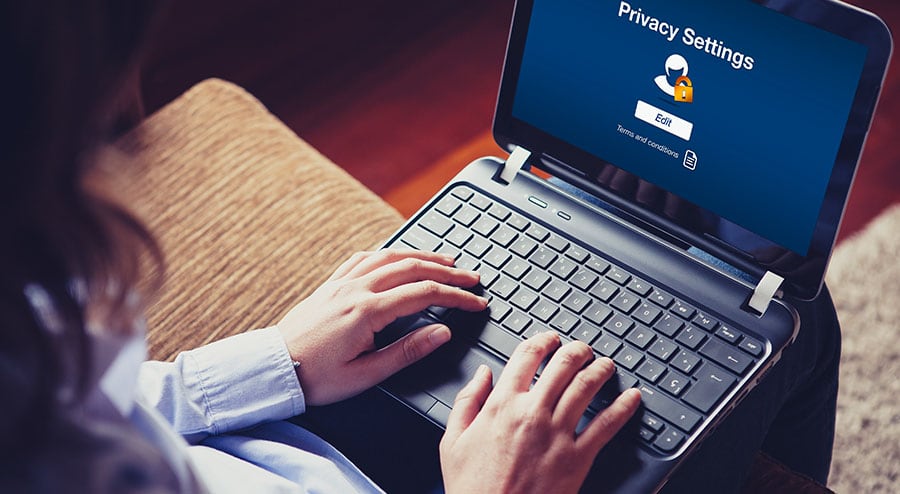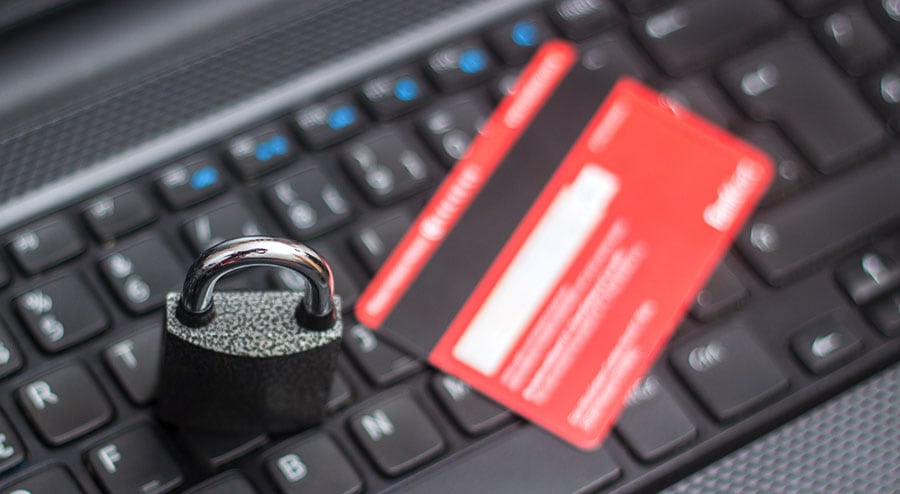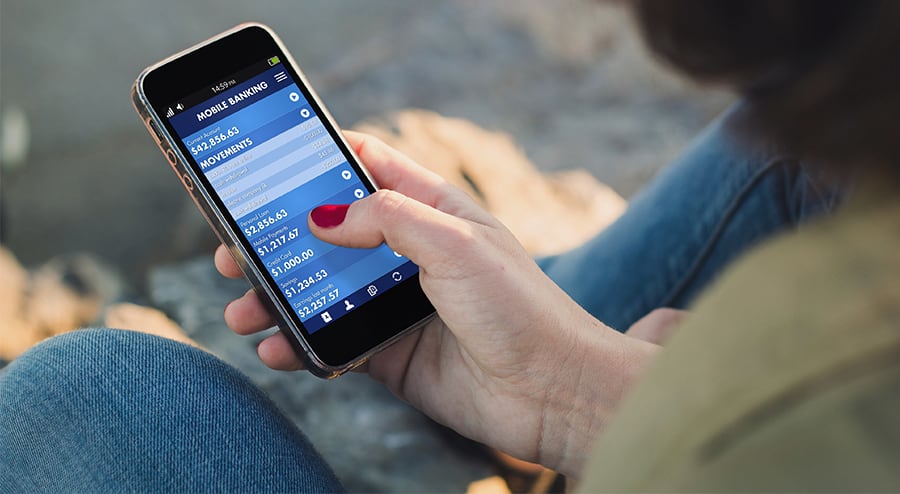The Internet is most certainly part of our lives these days. We use the Internet for banking, work, social interaction, dating, shopping and much more. However, scams, hacks, identity theft and many more dangers on the Internet are real and all too common. Most parents are aware of the dangers for young people, but without Internet safety, as adults, you are also at risk every time you use a smartphone or Internet-connected device. Identity theft, getting into trouble for posts made on social network sites, and cyberbullying are just a few potential risks.
However, you can reduce your risk of these threats by following the tips in this short guide.
Think About What You Post
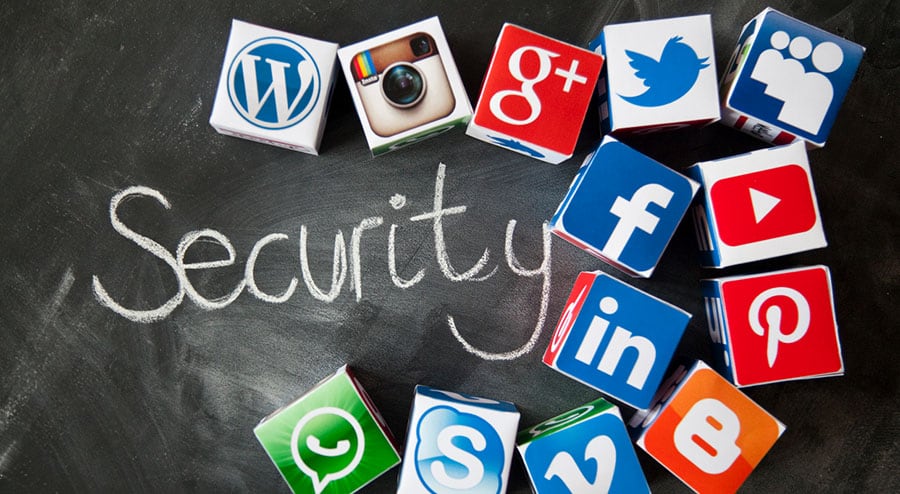
Social media is a great way to connect with friends and family like the kids when you are away. All too often, people post pictures of nights out and extra-curricular activities that, while fun at the time of posting, may have serious repercussions and could come back to haunt you. Plenty of people have lost employment contracts, careers, and even livelihoods over the posting of their activities or controversial opinions.
Posting your fun day out will no doubt get you some “likes” and comments, but when your boss sees it after you have called in sick for that particular day, they will likely have a comment too!
Tips
Before you post or send your comment or photo, consider a person in authority and respect, reading and looking at the photo. If it feels uncomfortable, then don’t post it.
Guard Personal Information
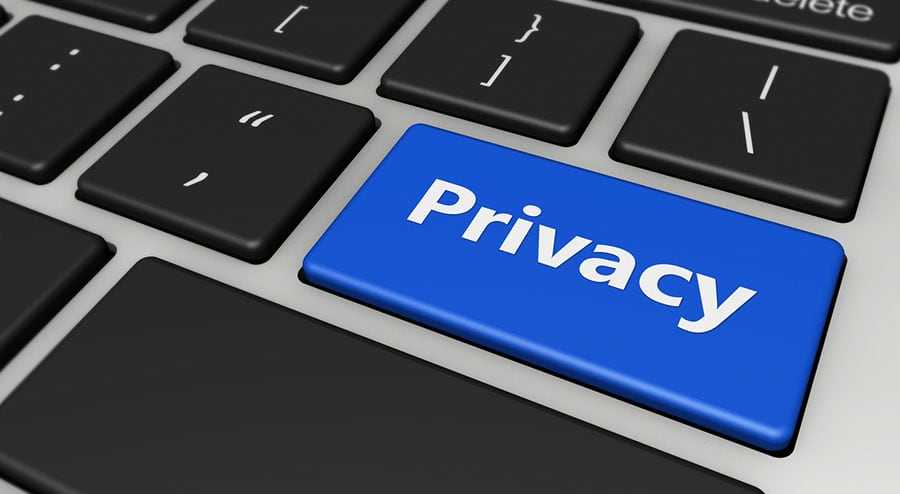
Your information is valuable so don’t post it on social media platforms! Identity fraud is on the increase and one of the first places a fraudster will look to gather personal information is social media sites. Excited travelers have even been known to display their passport with all kinds of information on it. Obtaining just a small detail can allow a thief to gain more information and you could soon become a target for identity fraud.
Tips
Keep personal information to a minimum. If you want to include your birthday on your profile do so privately so that only users you know can view it. Displaying a full date of birth will make you more vulnerable still.
Don’t just accept friend requests from people you have never met and do not know. Fraudsters can easily pertain to be interested in fly fishing or fashion just like you, making it all too tempting to add a like-minded “friend” to your list.
Password Safety
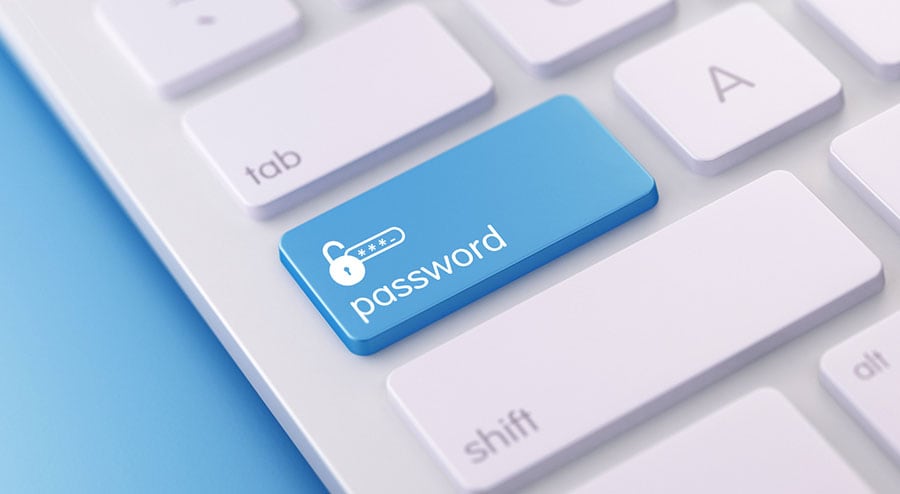
Password safety is paramount for staying safe online. Statistics show that over 50% of Internet users use the same password for all or most of their accounts and sites. It is an easy mistake to make as with so many sites asking for a password, users tend to pick just one that they can remember. However, by doing so, you place yourself in danger of having your personal information becoming insecure.
When creating a new password account, make sure it is at least 12 characters and is unique. Make sure it is complex so include letters, numbers and symbols. A hacker can easily reveal potentially millions of user passwords from a corporate attack. If you use the same password then that password could then be used to access other accounts.
Create a simple document or use a Password Manager on your laptop or PC to store passwords safely. Create a unique password for your personal home computer so that only you can log in just like you would when at work.
The safest online accounts use multi-factor authentication. This system uses various methods to ensure the identity of the user. For example, you might need to enter a code that was sent to your authorized smartphone to log in to your account in conjunction with passwords and security questions.
Boost Your Network Security
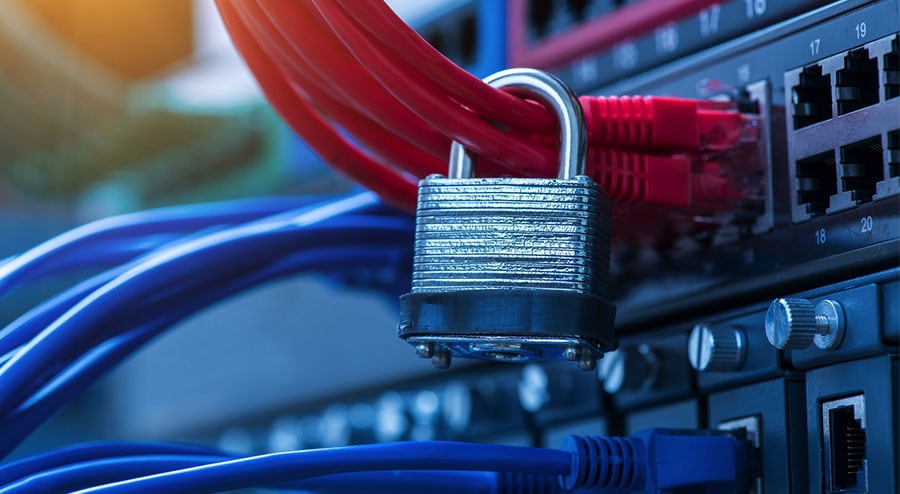
Making sure that your connections are secure is also important. The router that you use in your workplace and at home is likely password-protected, which means that all the data is encrypted increasing Internet safety. However, when you sit in a coffee-shop, restaurant, or hotel, plenty of people take advantage of the free Wi-Fi available. Hackers can very easily access information from your device and use the information later to empty bank accounts and more.
Tips
If you have your own Wi-Fi, then use it rather than accessing unsecured networks. You can also use a Virtual Private Network (VPN). This type of software will allow you to connect securely from anywhere.
Phishing Scams
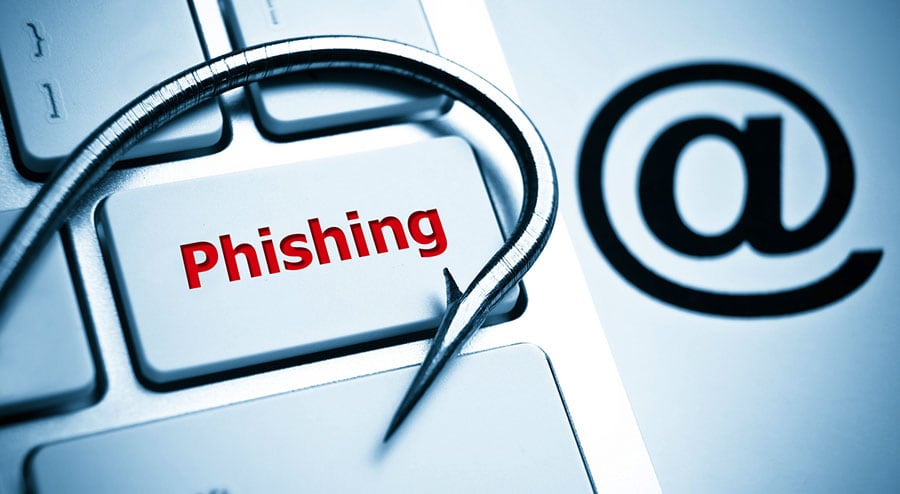
Phishing scams are attempts to obtain personal information. These spam emails will trick the user into revealing personal information by means of quizzes, offers, and competitions. Simply clicking on some of these emails can damage your device with malware.
Tips
If it looks too good to be true, chances are it is and do not click on it. If you do not who the sender is then don’t click on it. Never give out personal information and always remember even if you have an email from a bank that you actually use that does not mean the email is genuine. A bank will never ask for passwords in this manner, so don’t give them out.
Often, if a bank has been targeted in this way, they will alert their customers in newsletters, emails, or information on the login page of your internet banking. Be sure to keep a lookout for these and alert your bank if you think you have received a phishing email that is purportedly from them.
Use Firewall Protection
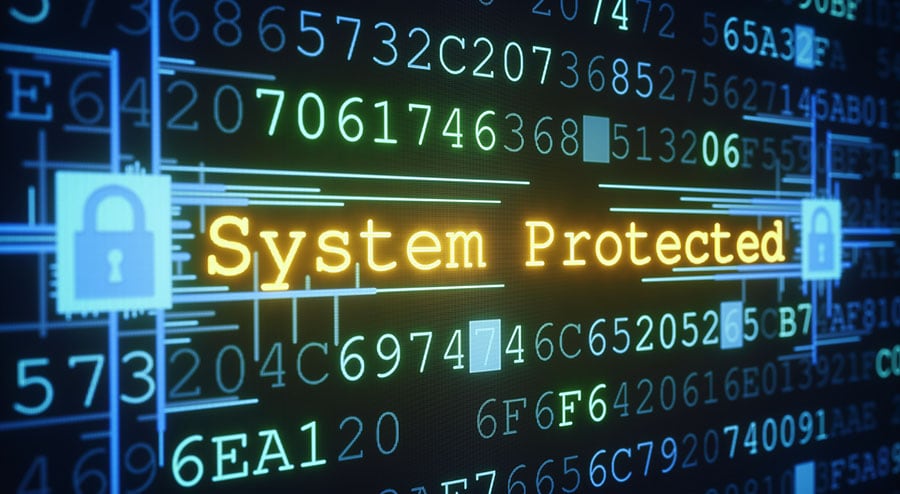
Firewalls and anti-virus software protection are the best way to keep your information secure and should be used in conjunction with a secure network. A firewall acts a barrier, which prevents your devices being accessed by unauthorized users. The firewall will allow you to connect all devices to your network such as webcams to make sure they are secure. Often, such devices don’t have security measures, allowing hackers to gain entry to your network.
Tips
Check that your device has a firewall included in the security software and if it doesn’t then install a separate firewall.
Safe Shopping
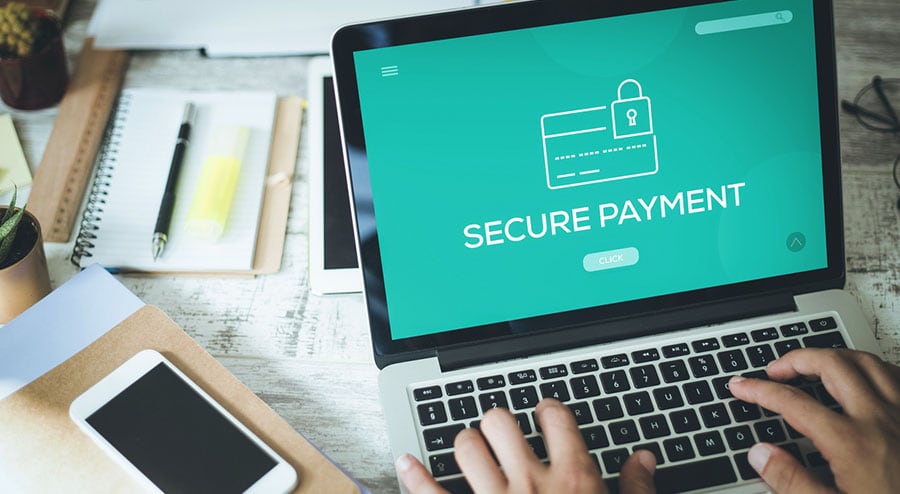
Shopping online is big business with an estimated 1.61 billion people using the Internet to make purchases online in 2016. New sites are launched every day often from startup drop-shipping businesses rather than dedicated online and high-street retailers. When you are shopping online inevitably you are going to be giving out your personal information, as well as details including the security information of your credit and debit cards. If the site is not secure then you could leave yourself open to having your information hacked.
Tips
Any website address used for banking or for online shopping should start with “https.” If the site starts with “http” then avoid it. There should also be a padlock icon that is located within the URL field.
Use established sites that you have heard of or that have been recommended. If you see any spelling errors then this is an indication that the site could unsecure or a copycat scam. You can also use a safe search tool that will enable you to be aware of sites that are best avoided.
Cyberbullying

It is a myth that cyberbullying only affects children. A recent survey reported that an estimated 40% of American adults say that they have been affected by cyberbullying. Cyberbullying can take many forms and includes being called offensive names, being stalked, physically threatened, and sexually harassed. Severe forms of harassment, often by strangers, causes emotional trauma for those targeted.
Tips
If you have been targeted by a cyberbully then there are steps you can and should take.
First and foremost, do not respond. That is exactly what the bully wants a hurt or angry response, which they will feed upon. If you don’t respond then it will become boring after a time.
Second, keep a record of every picture, comment, tweet, text, or email. Cyberbullies may think they are anonymous but when they have been tracked down you will have a trail of their actions on which to build a case.
You can report the abuse to the website it came from to have them removed from the site. If the cyberbully is a colleague then speak to your manager. If the cyberbullying is serious, you need to call in law enforcement officers who take online harassment seriously and will be able to deal with and prosecute the offender.
If the cyberbully just has the one source in which to contact you then it is easy enough to block the bully and that should fix the problem immediately.
Cyberbullies cause upset and stress. Speaking to friends who are trustworthy is a good way to feel better. They can offer support and may advise you to take action that you had not previously considered appropriate.
No one wants to go to the hassle of changing contact information, email addresses and phone numbers. In some cases, however, this could be an option as a last resort.
Mobile Devices
Staying safe online also includes considering the growing use of smartphones. Mobile devices are vulnerable to apps and links that are sent by text message.
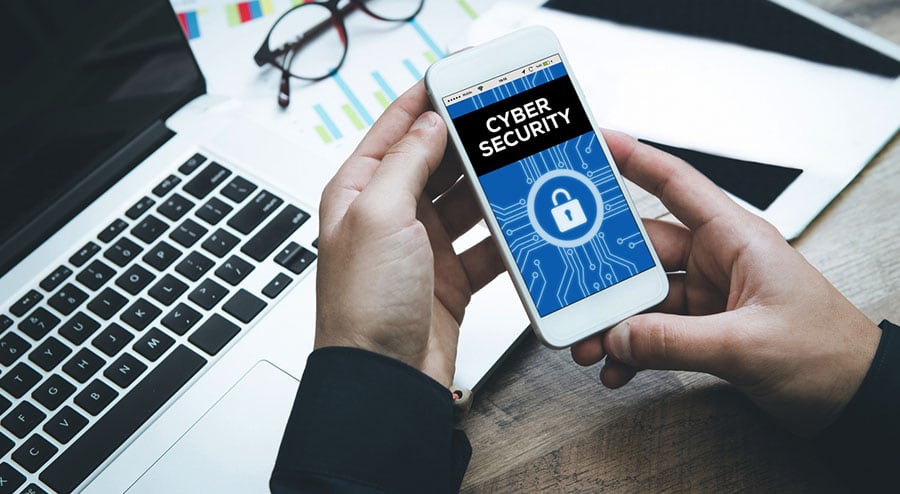
Tips
Just like with emails don’t click on suspicious texts and don’t respond to texts from people you don’t know.
When downloading apps, make sure that you go to official app stores and check out the reviews, before you download. As with your other devices, ensure that the security software is enabled to protect your information.


